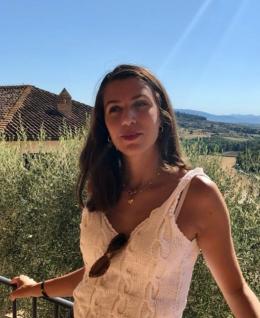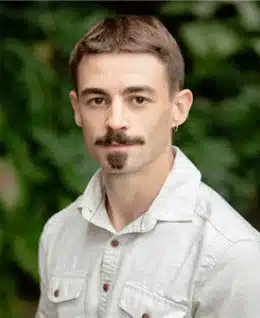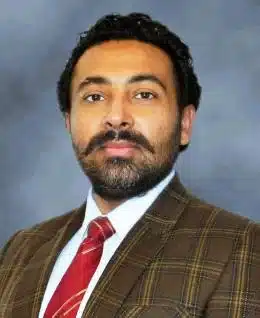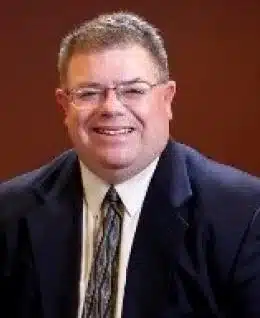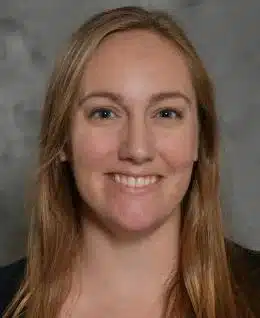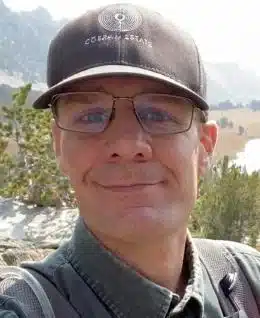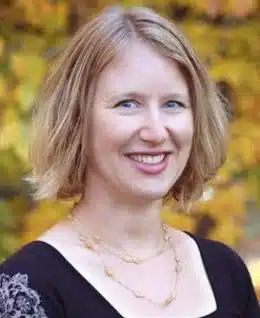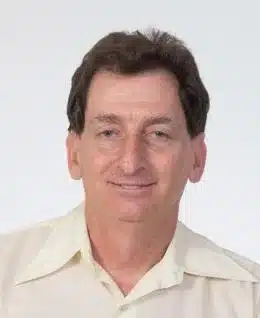Dr. Mike Daniels has served as a Soil and Water Conservation Specialist for the University of Arkansas System Division of Agriculture’s Cooperative Extension Service for the past twenty-seven years. During this time, Dr. Daniels has developed and implemented innovative Extension programs as well as conducted applied research to help agricultural producers and conservation professionals address soil- and water-related issues facing Arkansas agriculture. His program has emphasized the development of partners to work collectively to increase the knowledge and application of soil and water conservation practices to improve water quality, soil health, increase irrigation water use efficiency and reduce nutrient losses in runoff.
He is Director of the Arkansas Discovery Farms program where the impact of agricultural practices on water resources are documented on private farms and agricultural producers are included in the solution process in resolving water-related issues. He also co-leads the Arkansas Soil Health Extension Team and served as Chair of SERA-46, a workgroup of land-grant universities from 13 States in the Mississippi river basin that works with the Gulf of Mexico Hypoxia Task Force. He has held several leadership positions with state, regional and national professional organizations.
He has been married to Tricia for almost 36 years has three grown sons and a grandson, Canyon. He enjoys trout fishing, Razorback sports and visiting state and national parks.


